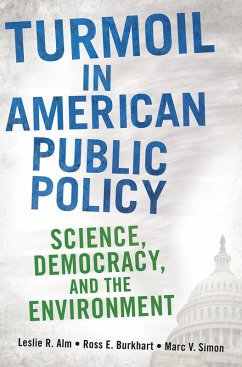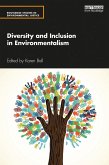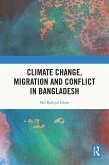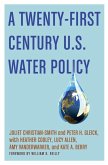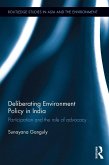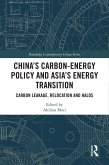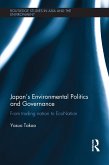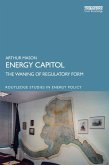This book explores the intricacies of the science-policy linkage that pervades environmental policymaking in a democracy.
These are the key questions that this primary textbook for courses on American public policymaking and environmental policymaking addresses and attempts to answer. Turmoil in American Public Policy: Science, Democracy, and the Environment first lays out the basics of the policymaking process in the United States in relation to the substantive issues of environmental policymaking. Drawing on hundreds of interviews, the authors highlight the views and experiences of scientists, especially natural scientists, in their interactions with policymakers and their efforts to harness the findings of their science to rational public policy.
The proper role of science and scientists in relation to environmental policymaking hinges on fundamental questions at the intersection of political philosophy and scientific epistemology. How can the experimental nature of the scientific method and the probabilistic expression of scientific results be squared with the normative language of legislation and regulation? If scientists undertake to square the circle by hardening the tentative truths of their scientific models into positive truths to underpin public policy, at what point may they be judged to have exceeded the proper limits of scientific knowledge, relinquished their role as impartial experts, and become partisan advocates demanding too much say in a democratic setting? Providing students-and secondarily policymakers, scientists, and citizen activists-a theoretical and practical knowledge of the means availed by modern American democracy for resolving this tension is the object of this progressively structured textbook.
These are the key questions that this primary textbook for courses on American public policymaking and environmental policymaking addresses and attempts to answer. Turmoil in American Public Policy: Science, Democracy, and the Environment first lays out the basics of the policymaking process in the United States in relation to the substantive issues of environmental policymaking. Drawing on hundreds of interviews, the authors highlight the views and experiences of scientists, especially natural scientists, in their interactions with policymakers and their efforts to harness the findings of their science to rational public policy.
The proper role of science and scientists in relation to environmental policymaking hinges on fundamental questions at the intersection of political philosophy and scientific epistemology. How can the experimental nature of the scientific method and the probabilistic expression of scientific results be squared with the normative language of legislation and regulation? If scientists undertake to square the circle by hardening the tentative truths of their scientific models into positive truths to underpin public policy, at what point may they be judged to have exceeded the proper limits of scientific knowledge, relinquished their role as impartial experts, and become partisan advocates demanding too much say in a democratic setting? Providing students-and secondarily policymakers, scientists, and citizen activists-a theoretical and practical knowledge of the means availed by modern American democracy for resolving this tension is the object of this progressively structured textbook.

